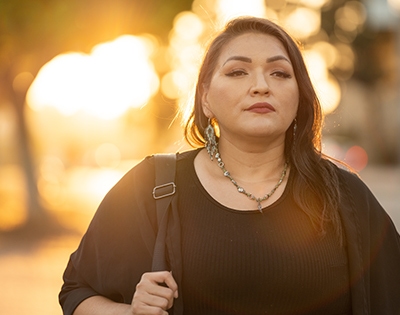Blog Post
Indigenous reconciliation and inclusion in the workplace
Canadian Indigenous reconciliation leaders discuss how to spark change.

In Canada, National Indigenous Peoples Day is celebrated on 21 June , while in the US, it is observed on the second Monday of October. Globally, the United Nations recognizes 9 August as the International Day of the World’s Indigenous Peoples. These observances honor the traditions, languages, cultures, and stories of Indigenous communities while also acknowledging the ongoing impact of historical and present-day violence, discrimination, and maltreatment.
Creating a workplace where Indigenous employees feel psychologically safe is crucial for their well-being and success. Research shows that Indigenous employees who experience high levels of psychological safety are nearly five times more likely to feel a sense of belonging, more than five times as likely to feel valued for their uniqueness, and almost twice as likely to speak up when something isn’t right. They also report greater task focus and creativity.
of Indigenous employees are regularly on guard to experiences of bias.
of Indigenous Peoples do not or seldom feel psychologically safe at work.
Indigenous women (67%) reported experiencing emotional tax more frequently than Indigenous men (38%), reflecting the heightened discrimination they face. Emotional tax can be reduced when leaders create an environment where employees feel valued for their uniqueness and have the resources they need to thrive.
